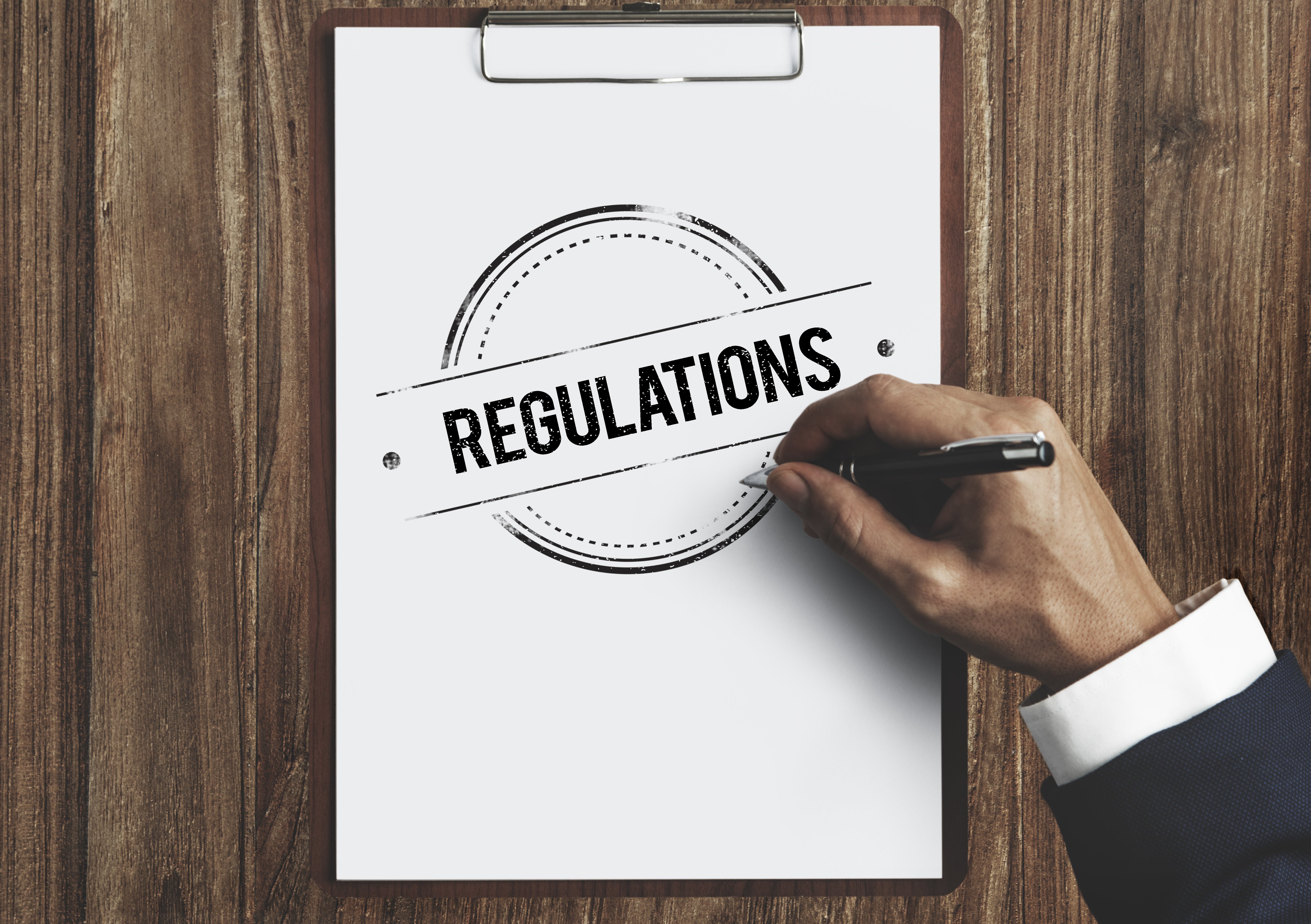Navigating the Ethical Landscape: Key Considerations for Legal Advertising in Africa
In the dynamic world of legal practice, advertising serves a crucial purpose: connecting with potential clients and informing the public about the legal services you offer. However, navigating the realm of legal advertising requires a nuanced approach. While maintaining a strong reputation and attracting new clients is important, adhering to ethical standards and complying with local regulations and international standards is important. In this article, we explore the key considerations for ethical legal advertising for African law firms.
Building on a Strong Foundation: The Importance of Ethical Principles
The American Bar Association (ABA) provides a valuable framework for ethical advertising in the legal field. These core principles serve as a foundation for African lawyers as well:
- Avoid Unjustified Expectations: Be realistic and transparent about your services. Don't claim expertise you haven't earned or make guarantees you can't keep.
- Confidentiality and Client Consent: Respect client privacy. Obtain consent before using client names or testimonials in any promotional materials.
- Adherence to Legal Advertising Regulations: Each country has its legal advertising regulations. Familiarise yourself with the specific rules in your jurisdiction to ensure compliance.
- Respect for the Legal Profession: Uphold the dignity of the profession by avoiding sensationalised content, disrespectful language, or misleading claims.
- Solicitation with Ethical Considerations: There are ethical ways to reach potential clients. Avoid any actions that could be perceived as exploiting vulnerable individuals.

Understanding the African Context: Local Regulations and Cultural Nuances
1. Local Regulations:
While the core ethical principles remain consistent, legal advertising regulations differ across Africa. Here's a glimpse into some specific examples:
Nigeria:
- The Nigerian Bar Association (NBA) Ethical Rules prohibit "solicitation" of clients. However, advertising through brochures, websites, and professional directories is allowed, as long as it's factual and dignified.
Kenya:
- The Law Society of Kenya (LSK) Code of Conduct for Advocates similarly restricts solicitation. Informative advertising through websites, professional publications, and directories is permitted.
Egypt:
- The Egyptian Bar Association requires that lawyers' advertisements must be dignified and may not contain promises of outcomes, to respect the principles of honesty and not to mislead the public.
South Africa:
- South Africa has a more relaxed approach compared to others. The General Council of the Bar of South Africa (GCB) Code of Conduct allows advertising through various media, including print, online, and social media. However, the content must be truthful, verifiable, and not misleading.
Democratic Republic of Congo (DRC):
- In the DRC, the Congolese Bar Association emphasises the integrity and objectivity of lawyers in their advertising. It's important to note the specific cultural contexts and legal frameworks that may influence advertising practices.

2. Cultural Sensitivity:
Africa's rich tapestry of cultures requires advertising that showcases sensitivity and respect. Below are some country-specific considerations:
- South Africa: known as the "Rainbow Nation," South Africa prides itself on a vibrant tapestry of cultures, each with its unique voice among eleven official languages. When advertising in South Africa, it's essential to harness the spirit of "Ubuntu," a profound philosophical concept that celebrates interconnectedness and mutual respect.
- Angola: In Angola, respect for elders and formal positions is paramount so it’s worth including professional images in legal services advertising that convey experience and respect for these societal values.
- Nigeria: Nigeria has a diverse ethnic tapestry thus it's critical to consider and reflect this in legal advertising. Acknowledge the local languages and customs, showing respect for the variety of traditions across regions like the Yoruba, Igbo, and Hausa-Fulani cultures. Incorporating widely respected symbols, storytelling elements, and idioms that resonate with these cultures can create a deeper connection with the audience.
- Tanzania: In Tanzania, advertising that resonates with the local audience is characterized by its subtlety and substance. Reflecting the nation's more reserved communication style, advertisements need to be educational and dignified. They should focus on delivering clear, factual information about legal services without high-pressure sales techniques or sensationalist language.
- Morocco & Egypt: When advertising legal services in Morocco and other Muslim-majority countries like Egypt, crafting messages that align with Islamic values is critical. This means ensuring that the imagery and language are respectful and do not contradict Islamic principles. For example, avoid visuals that include the human form in a way that could be considered disrespectful according to conservative interpretations of Islamic doctrine.
- Rwanda: Rwanda has four official languages (French, English, Kinyarwanda and Swahili) so it’s important that legal advertising celebrates linguistic diversity.
- Francophone Africa (e.g., Ivory Coast, Senegal, Cameroon): In francophone African countries, legal advertising should respect the French language's nuances and the blend of local cultural norms. Be considerate of the formalities and the often high regard for the rule of law.

As this article highlights, understanding the core ethical principles, familiarising yourself with local regulations and demonstrating cultural sensitivity are key to effective and ethical legal advertising. LGC’s online audit is a strategic tool that dissects and understands your firm's online persona and its interaction with the digital ecosystem specific to the region you operate. The audit meticulously evaluates how your firm is perceived in the virtual realm and amongst your target audience—pinpointing strengths, identifying opportunities, and crafting a tailored roadmap for digital optimisation. Our audit is your first step towards optimising your firm's online engagement, positioning, and overall digital health, setting a strong foundation for ethical and effective communication.
Reach out to us at eventmanager@lareinegold.com for details on how to begin this transformation with LGC Africa's profile and presence audit.